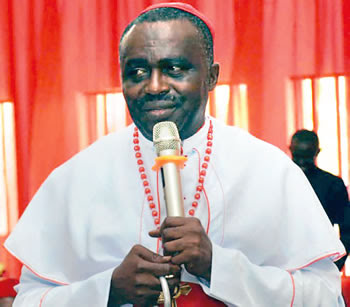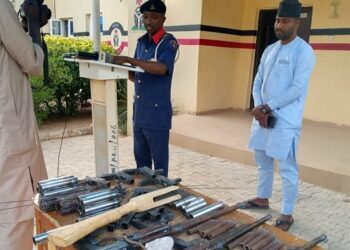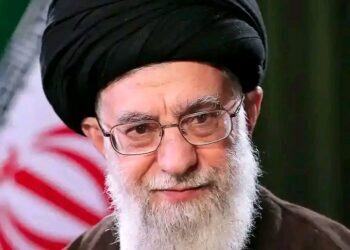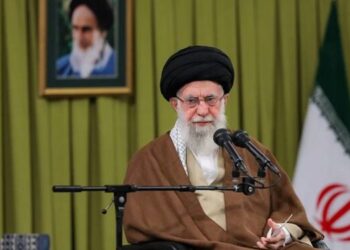By Abubakar Yunusa
A bishop of the Methodist Church and President of Vision Africa, Bishop Sunday Onuoha, has called for an improved military-civilian relationship in order to ensure an enduring peace.
Reacting to the death of a manager of Royal Damgrete Hotel, Umuahia, Abia State capital, Mr James Etubi, from alleged torture by military personnel, he asked the Nigerian Army to implement an open-door policy in its relationship with civilians.
Soldiers had stormed Royal Damgrete Hotel and arrested the late Etubi and other staff following the drowning of an Air Force cadet, Chidiebere Onyemereche, at the hotel’s swimming pool.
The deceased, while in the custody of the soldiers was allegedly tortured, which resulted in his death.
In a statement on Tuesday, Bishop Onuoha described the incident that led to the hotel manager’s death as unfortunate.
He described it as “a distressing reminder of a failing system, needing urgent and enhanced civilian-military relationships to prevent further misunderstandings, and promote peace within our communities.”
According to him, “that the tragedy at Damgrete Hotel was mismanaged and subsequently degenerated into disorder underscores the critical importance of open dialogue and understanding between the Nigerian Army and civilian communities they serve and protect. It is evident that such incidents are avoidable with proactive measures aimed at fostering mutual respect and cooperation.”
Bishop Onuoha asked the army to “urgently implements an open-door policy for civilian-military relationships, providing civilians with accessible avenues to engage with the military, seek clarification on matters of concern, and report grievances. Where such policies already exist, then I implore that they be resuscitated with intention and actually implemented.”
He called for prioritisation of dialogue and transparency in interactions in the country, while urging the Nigerian Army, as well as other security agencies to continue to commit to “fostering an environment of trust and cooperation, prevent further misunderstandings, and build a stronger, more harmonious society for our communities.”
The bishop called on “all stakeholders, including government officials, community leaders, and military personnel, to sincerely support this initiative and work collaboratively towards resolving conflicts peacefully.”
Bishop Onuoha expressed hope that Nigerians would commit “to fostering positive humanity and humane relationships anchored on mutual respect and consideration for all.
“Boots on the ground, hands on deck, everyone contributing to a peaceful human society for all; together we can pave the way for a brighter and more unified future for Nigeria, and Nigerians.”











